Active Pass roundtable: Which French rider could win the 2020 Tour de France?
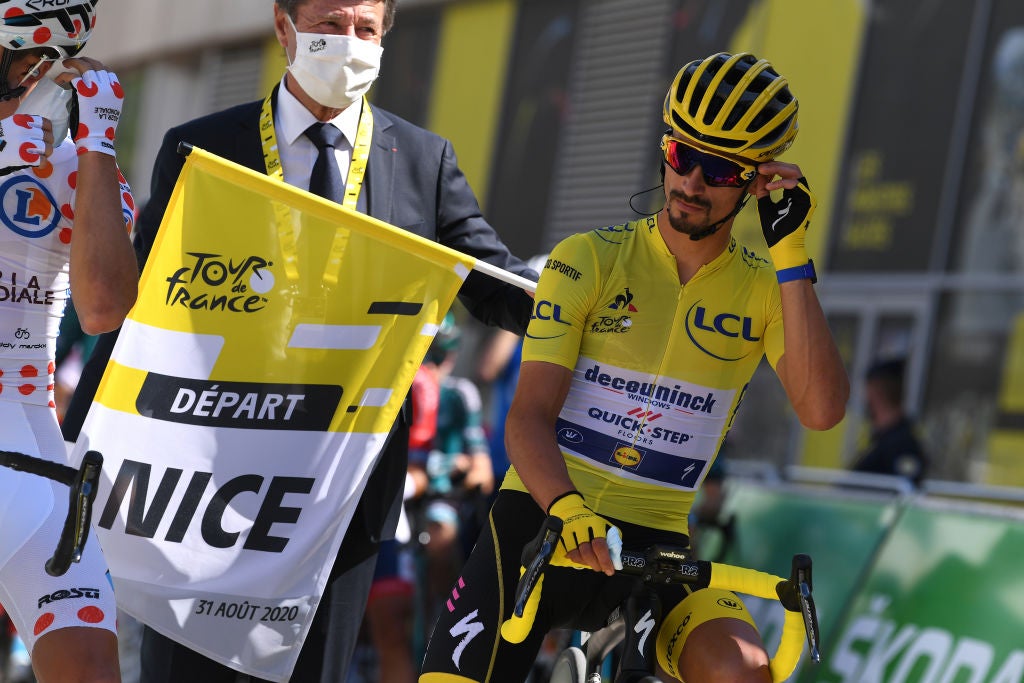
SISTERON, FRANCE - AUGUST 31: Start / Julian Alaphilippe of France and Team Deceuninck - Quick-Step Yellow Leader Jersey / during the 107th Tour de France 2020, Stage 3 a 198km stage from Nice to Sisteron 488m / #TDF2020 / @LeTour / on August 31, 2020 in Sisteron, France. (Photo by Tim de Waele/Getty Images)
The 2020 Tour de France has begun, which means there are plenty of pressing questions to hash out every day, and plenty of hot takes to debate. Our veteran reporters, Andrew Hood and James Startt, are fielding your biggest inquiries each day in this Active Pass roundtable column. Today, we have a few tire questions, plus an inquiry about whether a French rider could win this year’s race.
To submit a question of your own, scroll to the bottom of the page and type it in via the online form. We want to hear from you, so please send along any inquiry you’d like to be answered.
OK, let’s get to your questions!
Was there any noticeable difference between tire suppliers on the slippery opening stage? — Phil
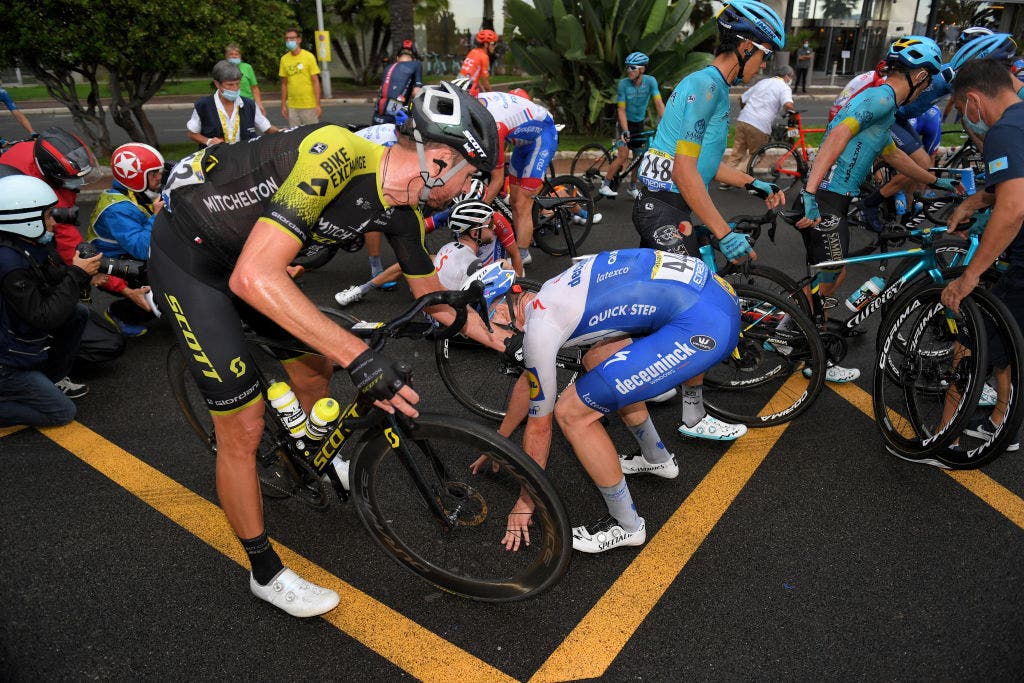
Andrew Hood @eurohoody: That’s a good question, and the inability to get into the team bus area due to COVID-19 safety restrictions means that getting that kind of info won’t be so easy during this Tour. Typically we have access to mechanics and riders every day, but this year’s media restrictions have us limited to a mixed zone with only riders.
James Startt: Sorry, I don’t have the knowledge on this one.
Fred Dreier @freddreier: If we are to believe the perspective of the riders after stage 1, then it seems like the conditions were so slippery and so bad that everyone crashed, no matter what tires they were using. Rigoberto Urán said that 100 riders must have crashed. In my opinion, the real knowledge here would be to know what pressure the riders were running, and which specific tire models they were using. Unfortunately, we do not have access to that information due to the COVID-19 restrictions this year. But hey, we’ll stay on that story for you all.
Of all the French riders in this year’s race, who is the most likely to win the yellow jersey and why? — Tyler
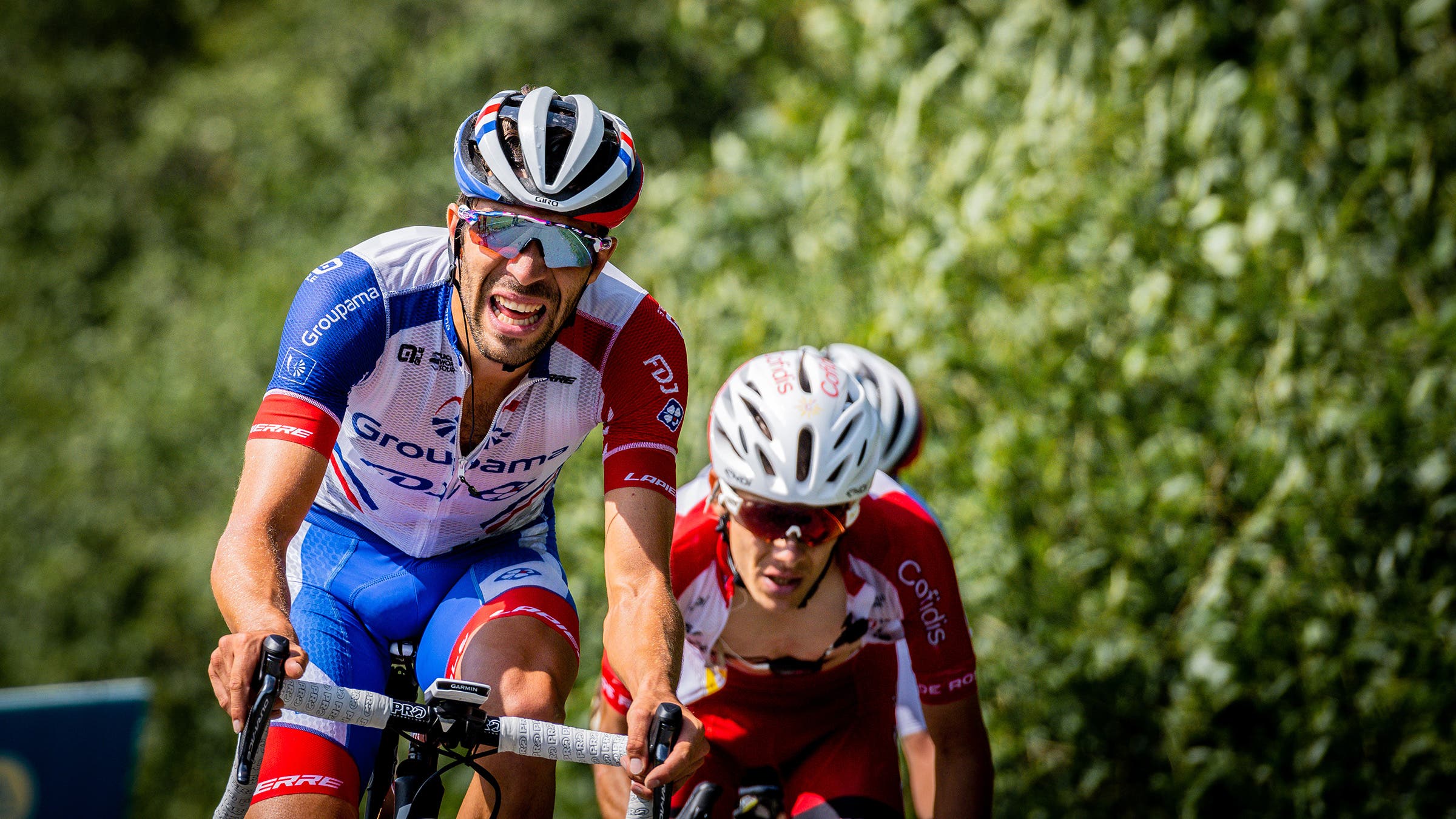
Andy: Julian Alaphilippe already has it, but he’s already said that he will not be racing for GC. France’s best hope is Thibaut Pinot but he crashed heavily in stage 1. A rider not many are talking about is Romain Bardet — this course is ideal for him.
James: Well, Julian Alaphilippe is in the yellow jersey and it is logical. He is a punchy climber who, at his best, is unstoppable on climbs up to at least 1,500 meters. We saw that last year when he was in yellow for two weeks. We have only seen glimpses of that this year, but we saw his explosiveness at work when he blew open Milano-Sanremo on the Poggio. And we saw it yesterday. I said from the Tour presentation last October, this year’s Tour is made for Alaphilippe. If he rides into top form in the next week, he could take the jersey a long way, perhaps all the way to Paris? Who knows. That’s a long way off!
Fred: This race was designed for Thibaut Pinot, and to a lesser degree Julian Alaphilippe, with the slight edge going to Pinot. Thus, I think he is the Frenchman who is most likely to win. Look at the climbs and the lack of a flat individual time trial — in my opinion, that is a course designed to negate the advantage of Chris Froome and Geraint Thomas. Then, the presence of the 1,500-meter climbs is all about creating chaos in another hurdle to Team Ineos Grenadiers. Finally, the uphill individual time trial to La Planche des Belles Filles is in the backyard of Pinot. Thus, he’s the biggest beneficiary of this route.
Tubular, tube, or tubeless? What are teams running this year? — Mike
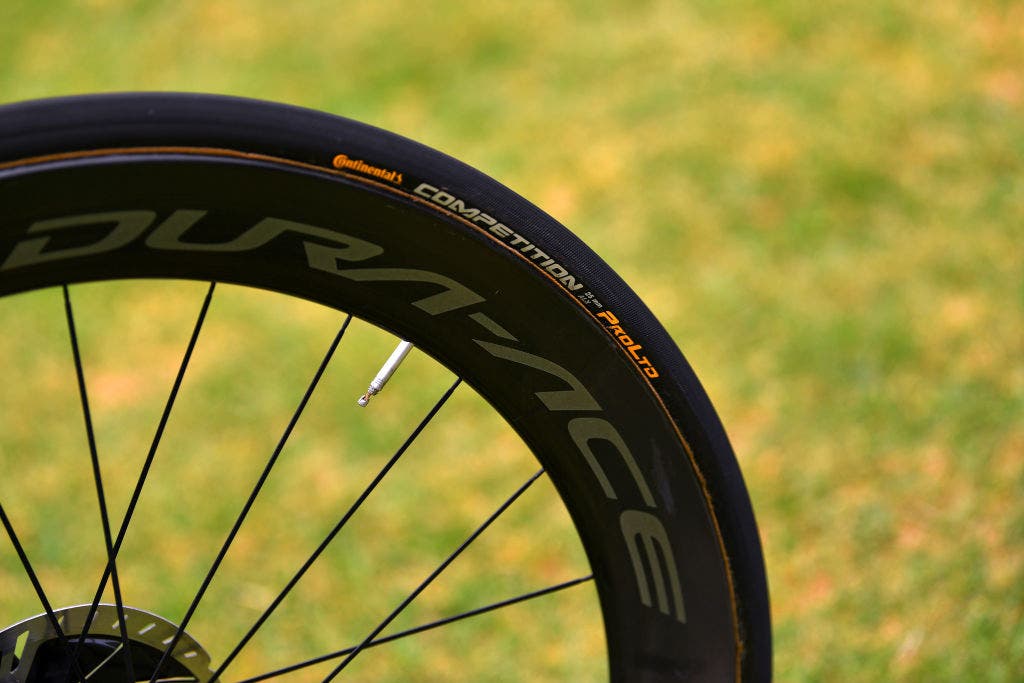
Andy: That’s not my beat!
James: Again not well placed…Sorry!
Fred: If this year’s Tour follows the usual trend, then tubular tires would have the advantage by a wide margin. Deceuninck–Quick-Step is running clincher tires, and teams have dabbled with tubeless setups in WorldTour races. But again, tubular tires are the most common. Unfortunately, we cannot get to the team busses this year to speak to the mechanics to ask about tire choice. We’ll keep you posted on this, as it just means that reporting around gear choice will take longer to produce stories.
Do you think this year’s route is a gimmick with all the climbs scattered through the race? — Tim
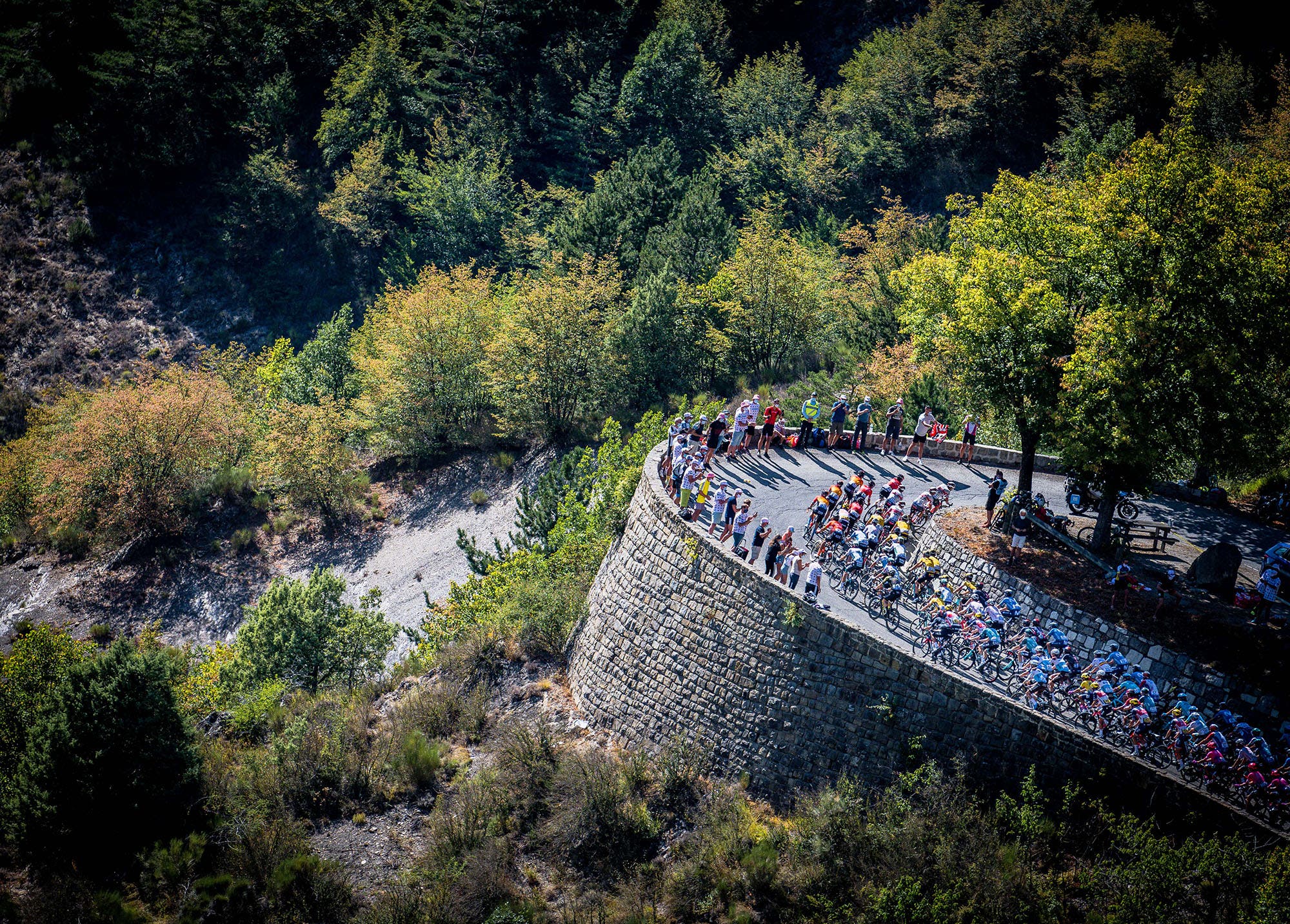
Andy: It is certainly a very different tour. Christian Prudhomme said this was the earliest the mountains have ever come in the tour in the races hundred-year history. It looks more like a Vuelta a España than a Tour de France. But that follows a trend over the last several years of making every day a little bit harder. A gimmick? It’s simply modern racing, Though I hope to see more time trials in next year’s Tour.
James: No it’s tremendous! It makes for much more open racing. It allows for more attacking. And it provides constant traps for the powerful teams that prefer to ride tempo all day because a lot more riders can attack on shorter climbs. Bring it on!
Fred: A gimmick would be to have them race on rollerblades or on those big bulky exercise bikes from the 1980s. This Tour de France is simply a more mountainous affair than normal. It’s a deviation from the norm, but it’s still a big, hard road bike race that will crown the strongest and smartest rider in the group. In my opinion, a ‘gimmick’ race would elevate a rider who does not have the skills to win a traditional race. Make no mistake: This year’s Tour de France winner will be a strong and worthy champion.
If you have any thoughts on ways to do so, feel free to email me at webletters@velonews.com.